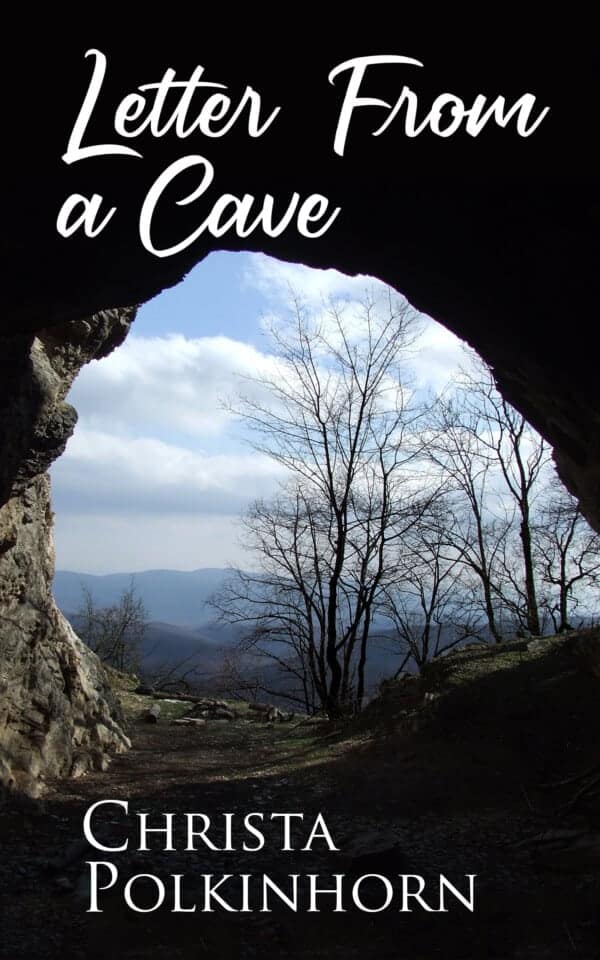Enchanting Tuscany, Part 2
Here is the second part of my research in Tuscany, Italy, for my novel The Italian Sister (The Wine Lover’s Daughter, Book 1).
Volterra, one of my favorite hill towns, and the surrounding vineyards and olive groves are a feast for the eyes. Here I’m doing some “serious” research in the environment in which my WIP takes place. My heroine spends some time in a town like Volterra and the nearby vineyard.
The walls surrounding Volterra are a mixture of Etruscan (about 700 BC) and medieval architecture. Situated on top of a hill and protected by thick walls, the towns were in a perfect position to fight off roving aggressors. A fiercely independent city-state, Volterra has tried to prevent the hegemony of Florence but had to eventually accept its dominance. Inside the city, the narrow cobble-stone streets are lined with a multitude of shops, coffee shops, small restaurants, and art and crafts galleries. Volterra has fewer tourists than the more famous hill towns such as Siena and Pisa. The majority of the people are locals and the town has a vibrant life of its own.
I love Volterra and wouldn’t mind living here for a while.
Piazza dei Priori is the central plaza with city hall and other government buildings as well as a tourist office and a few coffee shops/bars typical of Tuscan towns.
The most interesting part for me was the symbol of on top of the building above. A skull flanked by two wings. It is the Christian symbol of what is left after you die: bones and the soul. Everything else, all your possessions and your achievements are gone. So the wings are arranged in the shape of a V for Vanitas or vanity to remind man to care for his soul rather than his vain ambitions.
I learned all this from a well-known American tour guide in Volterra. Annie Adair lives in Volterra with her Italian husband who is a sommelier. Here are a few links to some very interesting videos by Annie, where you can find out more about the history and present life in Volterra.
http://www.youtube.com/watch?v=chop_HmIEvk
http://www.youtube.com/watch?v=0b5qWsjikuQ
http://www.youtube.com/watch?v=PtCGPc9nJ7U
And here are a few more pictures of Volterra and the view of the surrounding landscape.
At the bottom of the hill are the ruins of a Roman theatre.
Outside Volterra, about twenty minutes away, is a vineyard, called Podere Marcampo or the small farm of Marcampo. I was hoping to see the vendemmia or grape harvest in action but the grapes were already harvested and the place was closed. Well, perhaps next season. It was still great to see the small family farm and the vineyards.
We were driving back to our villa, enjoying a beautiful sunset.
Next time a visit to the local market as well as some wine tasting. Yum!
Check out the novel, The Italian Sister: https://myBook.to/ItalianSister

















October 24th, 2013 at 3:01 am
What a gorgeous setting for a book! Do you know why they plant the rose bushes? When I moved here, one of the first things I noticed were roses planted at the end/beginning of each vineyard row, but I don't know why they do it.
October 24th, 2013 at 4:27 am
Linda, how interesting that they do this in California as well. I've never paid attention before. When I saw the rose bushes, I thought it was just for decoration at this particular vineyard. There must be another reason for this. I'll have to find out.
October 24th, 2013 at 4:58 am
Linda, I googled it and found out why they plant roses at the periphery of vineyards. Roses require the same type of soil and care as vines and are susceptible to the same kind of diseases. Traditionally roses were planted as an early warning system to alert the vintner to a possible problem with the vines. Roses also attract beneficial insects. Here is the link. Interesting!
http://homeguides.sfgate.com/planting-rose-bushes-grape-vines-29763.html
October 24th, 2013 at 9:42 pm
Just beautiful, Christa. This looks like a beautiful town. I've been to Siena, but not to Volterra. Thank you for sharing your trip and your research!
October 25th, 2013 at 3:36 am
Thanks, Lisette. Yes, it was a wonderful trip!
October 25th, 2013 at 11:02 pm
Thanks for that info, Christa. As much as time as I spend on this computer, you'd think I'd have googled it by now. Too many questions …
October 27th, 2013 at 9:26 am
Been to Tuscany a couple of times & loved that part of Italy, but have yet to visit this place. Perhaps next time 🙂
Great post!
October 27th, 2013 at 9:43 am
Hi Junying and thanks for dropping by. I already look forward to my next visit to Tuscany!
December 29th, 2013 at 8:38 pm
So…. I'm just assuming you snagged that skull window for me and are having it sent over? Right? How very thoughtful-a-go-go of you. Cheers!
December 29th, 2013 at 8:52 pm
It's my pleasure. You know I always think of you and of how I can enhance your life.